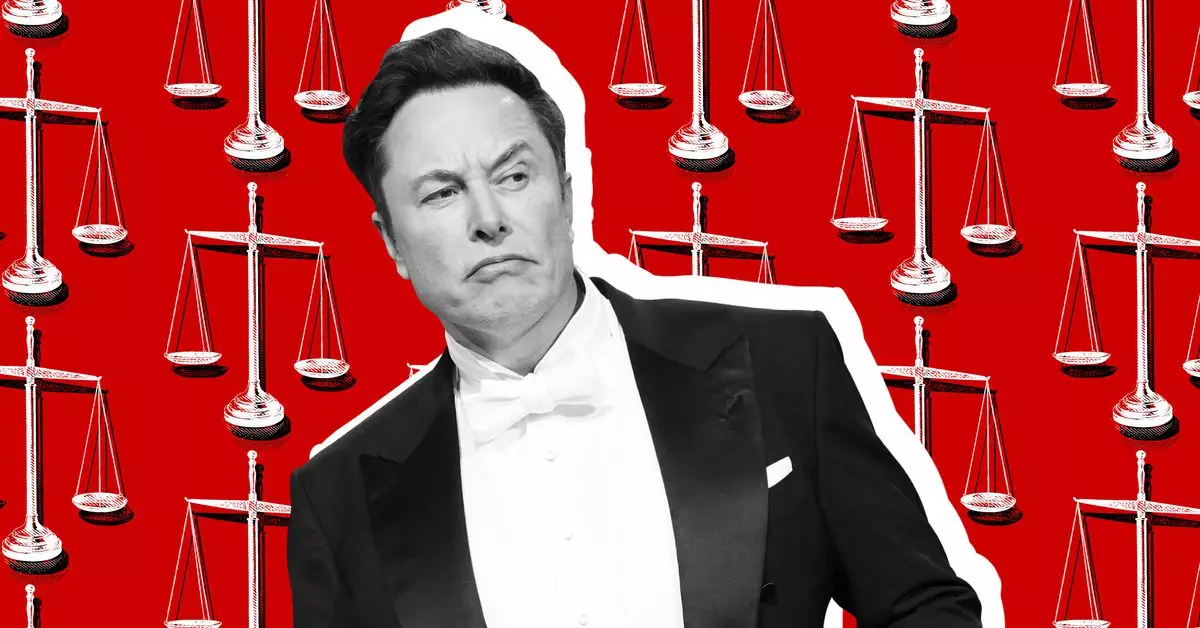The recent investigation opened by Brazilian Supreme Court Justice Alexandre de Moraes into Elon Musk has raised eyebrows globally. The investigation stems from Musk’s decision to reactivate accounts on the social media platform that Brazil had ordered to be blocked. This action has led to concerns about a potential obstruction of justice by the CEO of X.
The interactions between Elon Musk and the Brazilian government have been tense, to say the least. Musk’s decision to lift restrictions in Brazil and instruct X users to download a VPN in case of a blockage has sparked outrage. Not only did he defy a court order, but he also called for Justice de Moraes to resign or be impeached, alleging that he was responsible for the order.
Justice de Moraes, who heads Brazil’s top election court, has been vocal about eliminating anti-democratic content online. This stance is rooted in the aftermath of far-right rioters attacking government buildings last year. The Brazilian judiciary views disinformation as a significant threat to the nation’s stability and has taken several measures to curb hate speech, incitement, and fake news.
The order for X to ban certain profiles and the subsequent investigation into Elon Musk reflect Brazil’s growing concerns about social media regulation. The government fears that foreign billionaires like Musk, who own social media platforms, may disregard the rule of law and fail to comply with court orders. This has prompted calls for urgent action to address these issues and hold tech giants accountable.
The investigation into Elon Musk by Brazil not only raises questions about the power of tech moguls but also highlights the challenges of regulating social media platforms. The incident underscores the need for clearer guidelines and stricter enforcement mechanisms to prevent such conflicts in the future. It also signals a broader debate about the role of social media in shaping public discourse and its impact on democratic institutions.
The investigation into Elon Musk by Brazil sheds light on the complex dynamics between tech companies and government authorities. It serves as a cautionary tale about the unchecked power wielded by billionaire CEOs and the potential consequences of their actions on national sovereignty. As the investigation unfolds, it will be crucial to monitor the outcomes and assess the implications for the regulation of social media platforms worldwide.


Leave a Reply